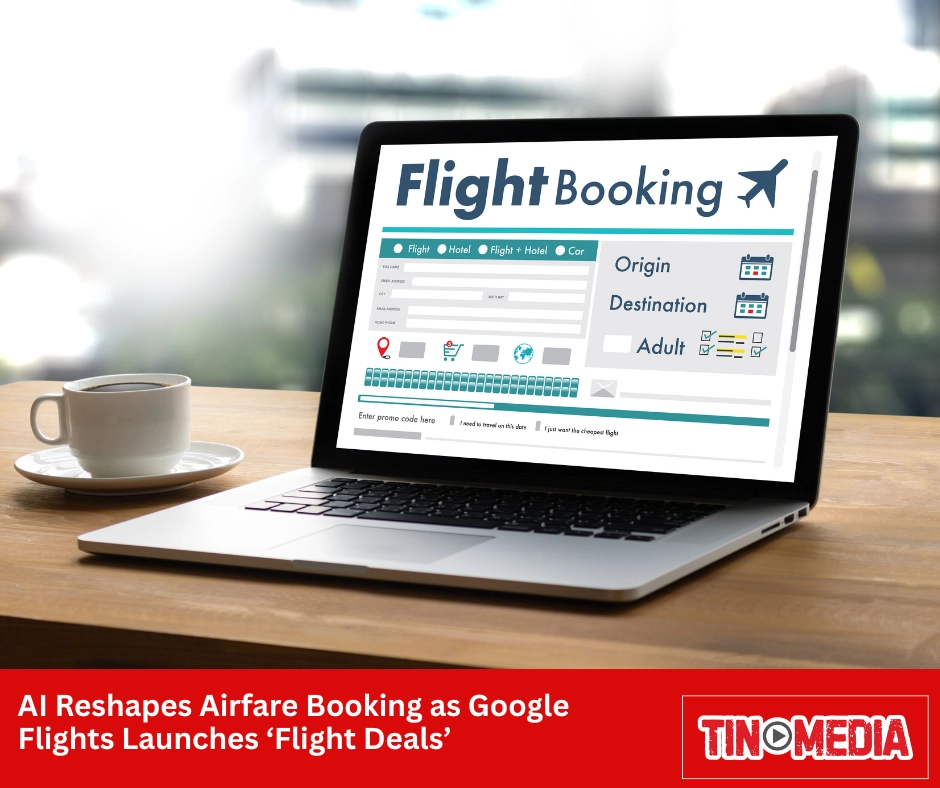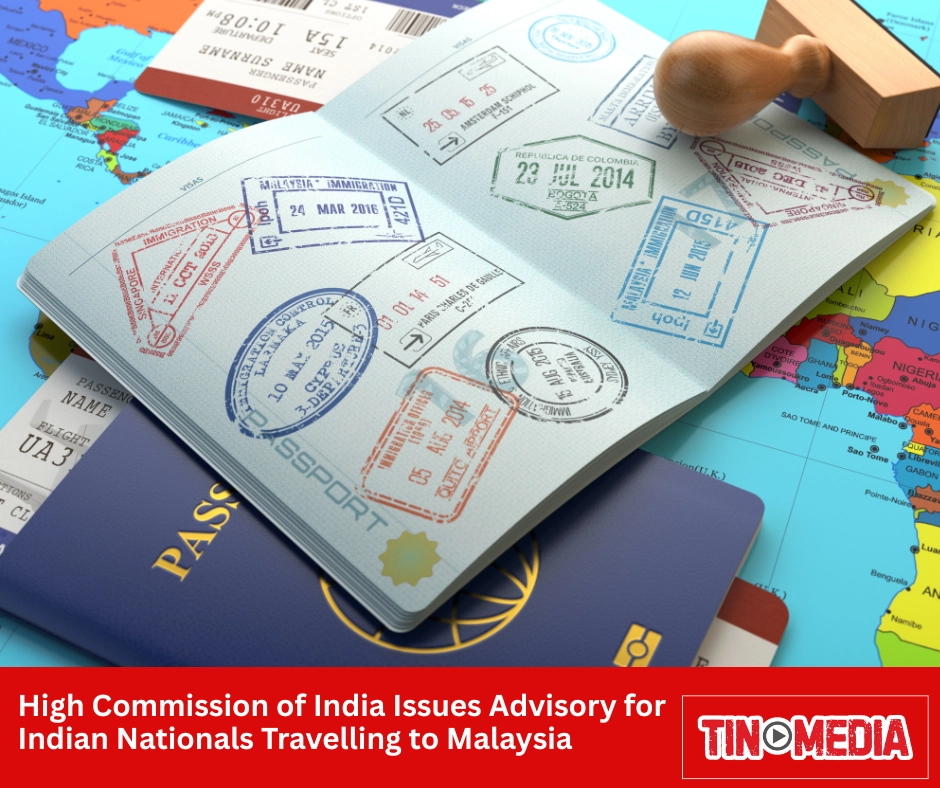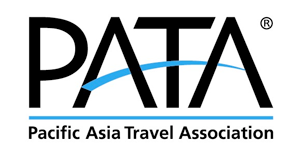The travel technology landscape is entering a new era as artificial intelligence (AI) transforms how consumers search, book, and experience air travel. Leading the charge is Google Flights, which has introduced Flight Deals—an AI-powered feature that interprets natural language queries to deliver hyper-personalized airfare options.
The tool allows users to search with preferences such as “a city with great food” or “nonstop only,” instantly matching them with real-time data from hundreds of airlines. This innovation comes amid a wider AI adoption boom, with 40% of global travelers—and 62% of Millennials and Gen Z—using AI for trip planning in 2025.
Beyond personalization, AI is driving dynamic pricing, predictive analytics, and customer service automation. Airlines like Delta are testing AI-driven price adjustments, while AI-powered chatbots now handle up to 70% of customer inquiries. These efficiencies, however, raise questions around data privacy and “personalized pricing,” drawing the attention of regulators.
Competition in the AI travel race is fierce. Expedia’s demand forecasting tool has boosted accuracy by 20%, Amazon’s Alexa+ now supports voice-activated bookings, and Qatar Airways’ emotionally aware AI assistant personalizes in-flight experiences. Startups are also making waves—Flyr and Hostaway raised $660 million this year to refine real-time pricing and property management systems.
With AI no longer just a cost-saving tool but a revenue driver, analysts say travel companies that fail to adapt risk being left behind in a fast-accelerating digital arms race.
- TAGS / KEYWORDS:
- trending#1

















.png)














